The “Pro-Life” Lie
Note: This was originally published in our bi-weekly e-newsletter, Liminal Spaces. To get future issues delivered to your inbox (and get our ebook for free!), sign up here.
On the heels of the Supreme Court leak, evangelical author Tish Harrison Warren published an op-ed in the New York Times titled, “If Roe is Overturned, Where Should the Pro-Life Movement Go Next”? Various evangelical leaders offered ideas ranging from helping at-risk women, increasing healthcare access, promoting pregnancy prevention, and providing sanctuary for abused women. Destiny Herndon-De La Rosa responded, “Now is not the time to brag or gloat or celebrate. Now is the time to get to work.”
Now is the time? Like right now, because the last four decades haven’t been the right time to support and vote for pro-life policies that protect the unborn and the born? Why, after years of staunchly opposing every single measure that leads to a reduction in abortion would anyone believe white evangelicals will change their political and theological positions concerning the already born? Why would anyone trust conservative evangelicals to suddenly care about oppressed bodies when they’ve looked the other way as children were torn away from their parents and locked in cages at our border? How can we trust the same white right who blatantly supported a racist former President to understand how banning abortion will disproportionately affect women of color and exacerbate the issue of poverty?
Former “pro-life” pastor Christy Berghoef understands the enormity of the evangelical hypocrisy surrounding the issue of life. “I started to realize that the thing that’s actually going to bring down this abortion rate is all these things that my party, the Republicans, were working against: affordable healthcare, access to contraceptives, expanded availability of child care, and better educational opportunities for women.” Because the truth is, there is very little about the “pro-life” movement that is holistically pro-life. Pro-fetus yes but not pro-life. And it boils down to something I’d never really thought about before–the unborn are an easy lot to care for. Methodist Pastor David Barnhart writes:
“‘The unborn’ are a convenient group of people to advocate for…You can love the unborn and advocate for them without substantially challenging your own wealth, power, or privilege, without re-imagining social structures, apologizing, or making reparations to anyone. They are, in short, the perfect people to love if you want to claim you love Jesus, but actually dislike people who breathe.”
Regardless of where you stand on the pro-life or pro-choice spectrum, now is the time to expose the lies and limitations of the Christian right. Now is past time to change the conversation about what it means to be pro-life. Now is the time to realize restricting or banning abortions leads to more pregnancy-related deaths and legalizing abortion leads to fewer abortions. Now is the time to listen and learn from women, to cut through the false dualism of having to choose between a woman’s intrinsic right to bodily autonomy and the life of the unborn.
I don’t believe you have to choose between pro-life or pro-choice. I also believe most people on both sides of this debate long to see a world with fewer unwanted pregnancies. I know I long to live in a world where pro-life also means women are valued as fully human under the law and fully capable of making their own medical decisions whether you agree with them or not.
I don’t have the answers and struggle to understand my convictions on this issue, but I know we are behind the time for a fresh conversation about the nuances, complexities, and intersectional issues surrounding abortion and female equality. To help, we are releasing “Beyond Pro-Life and Pro-Choice,” our latest episode over at Holy Heretics Podcast. I hope you will tune in next Tuesday and join us in this ongoing conversation about how to apply your faith to this polarizing debate.
Gary Alan

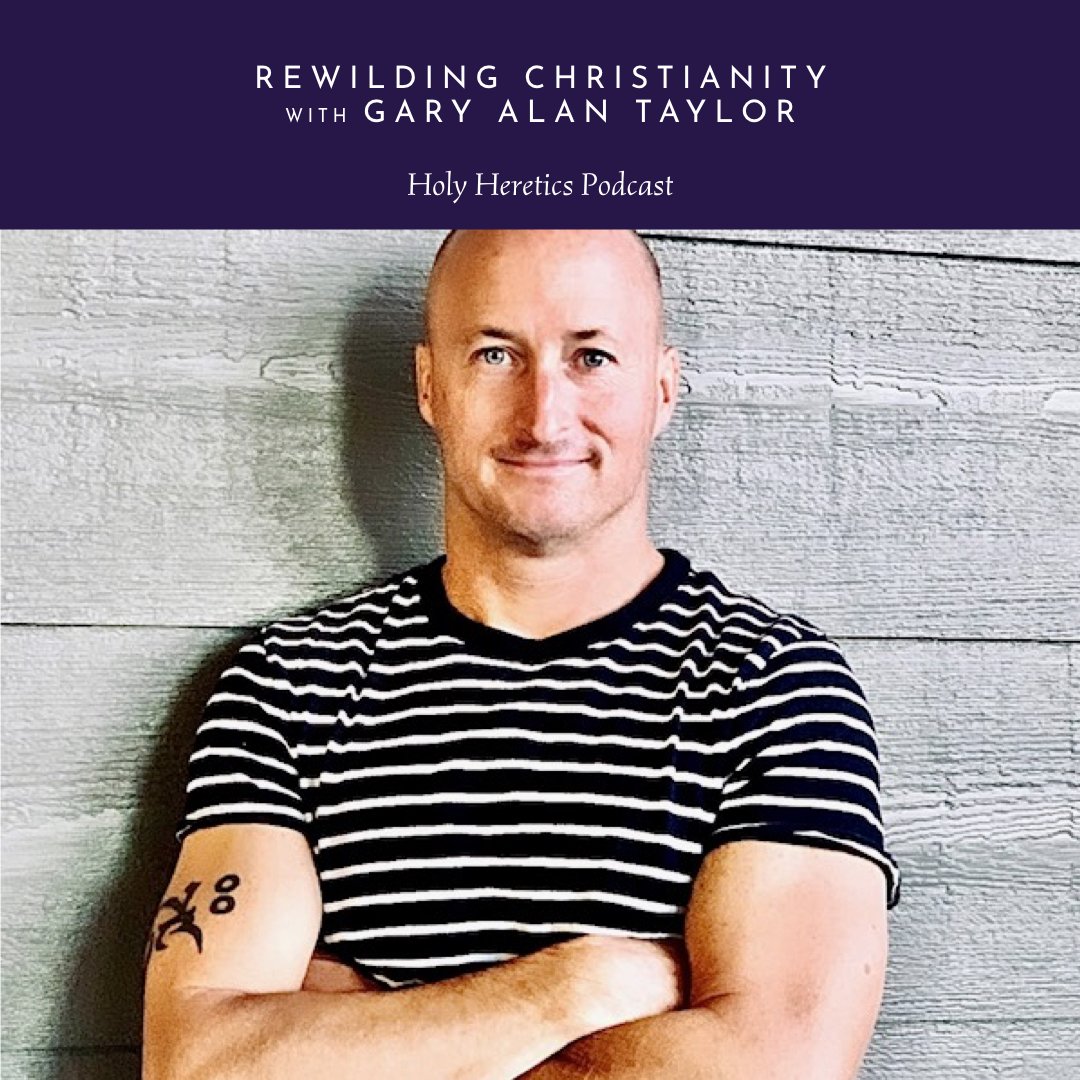
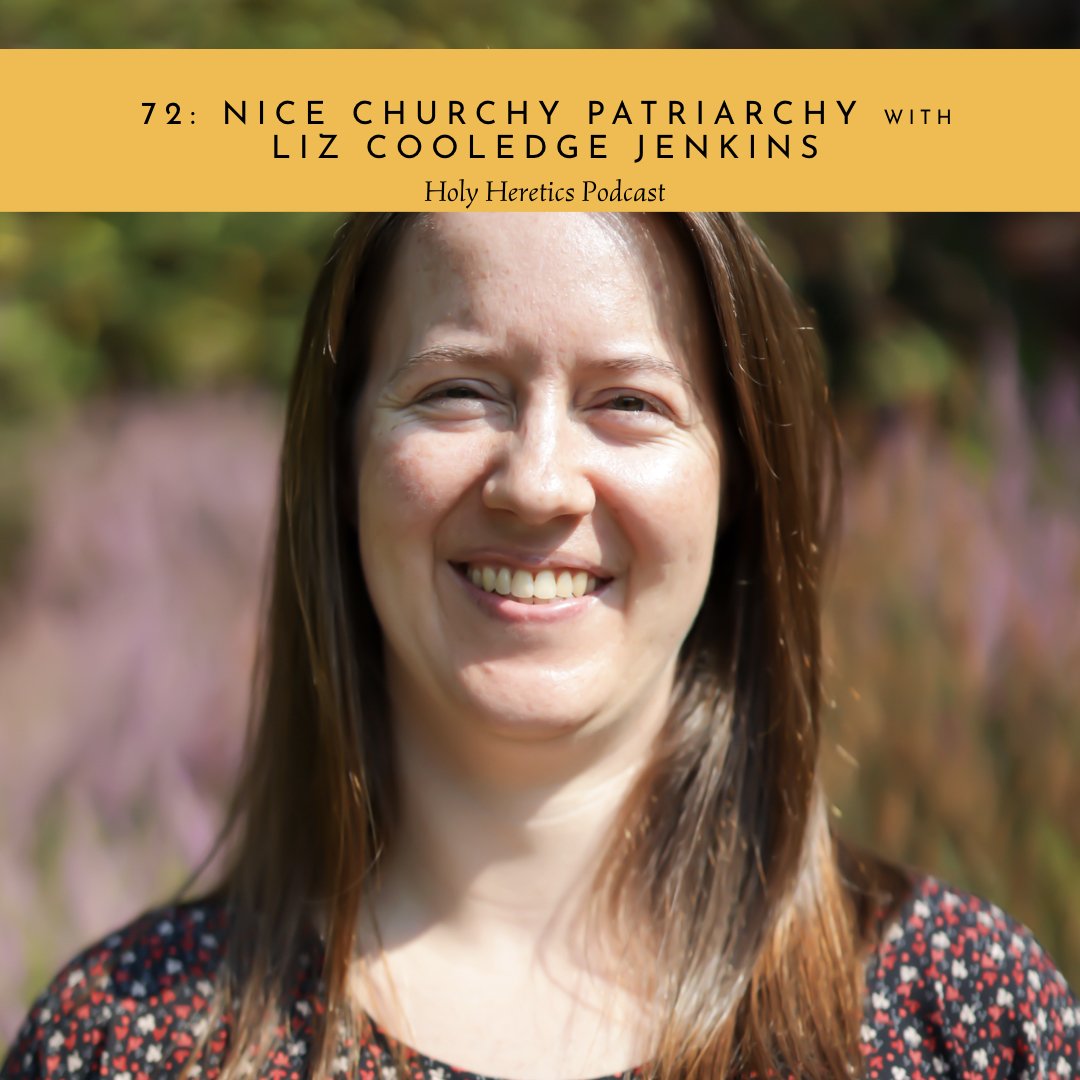
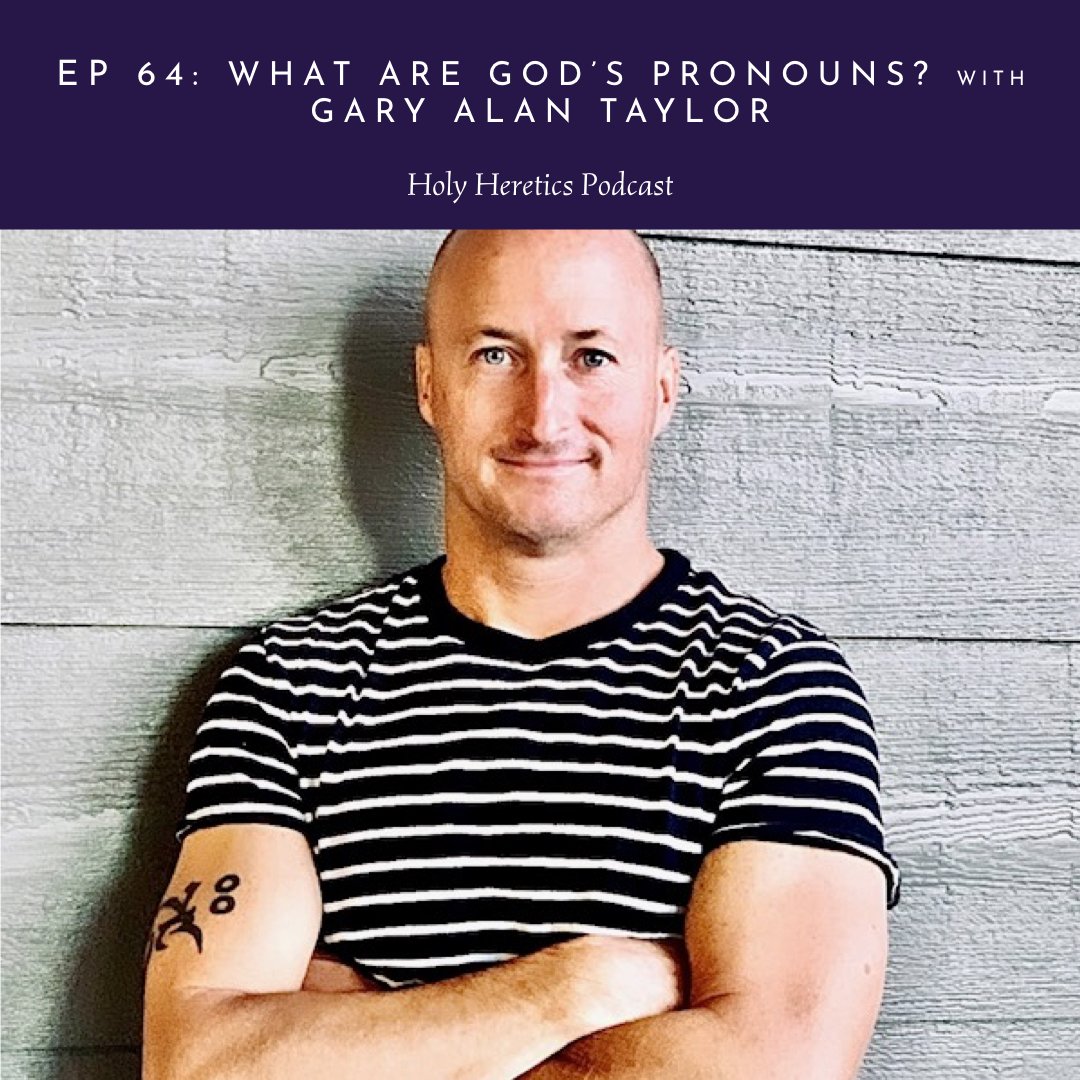
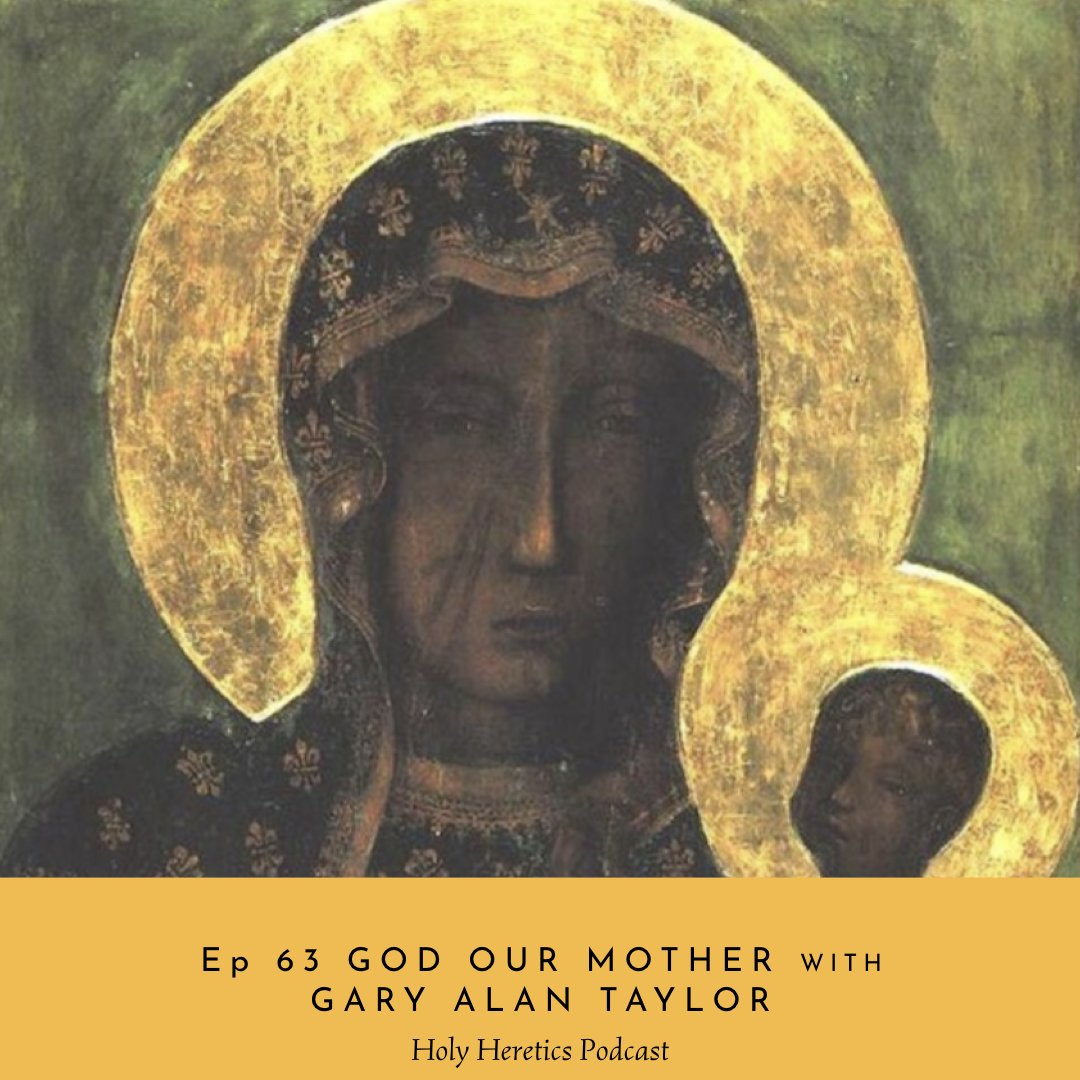
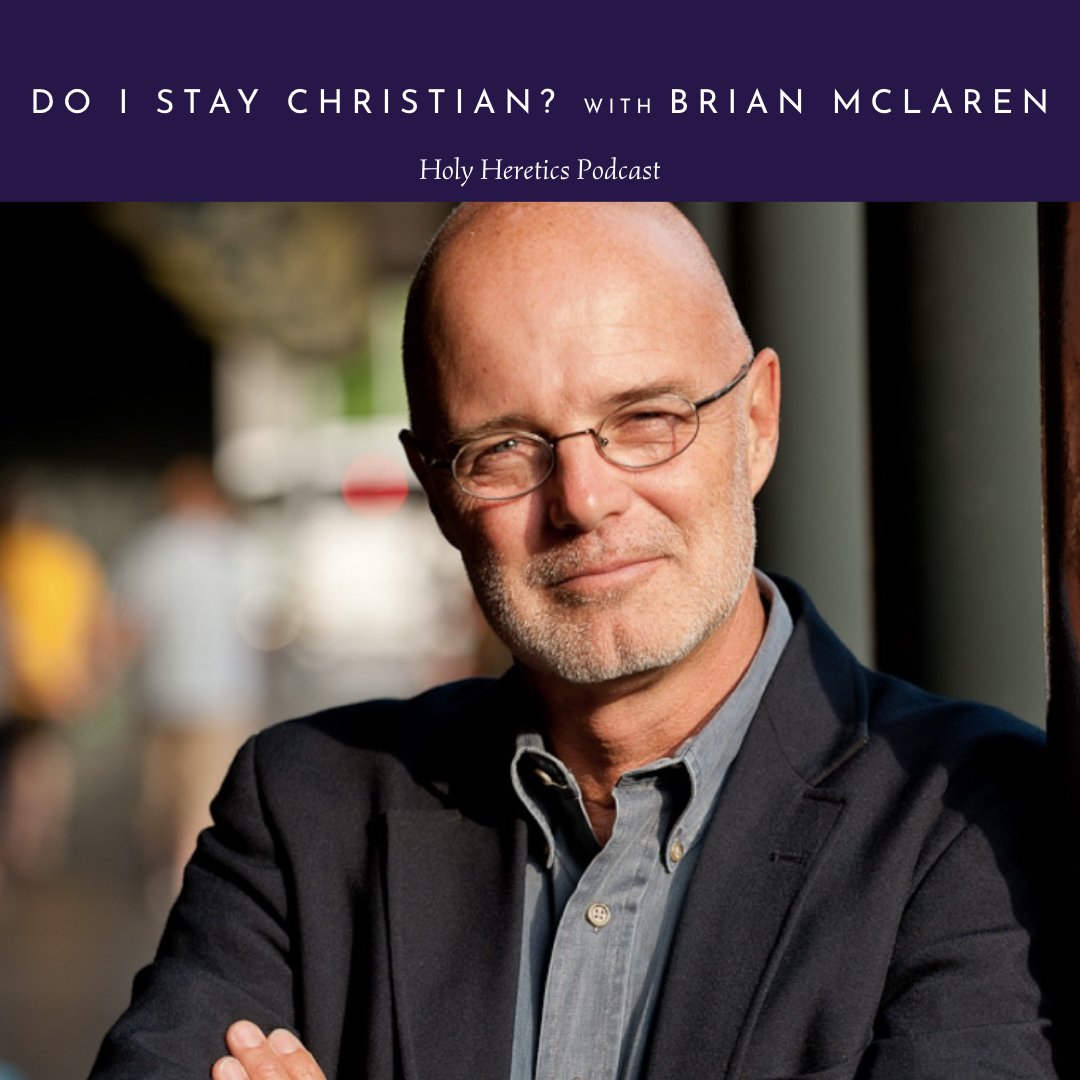
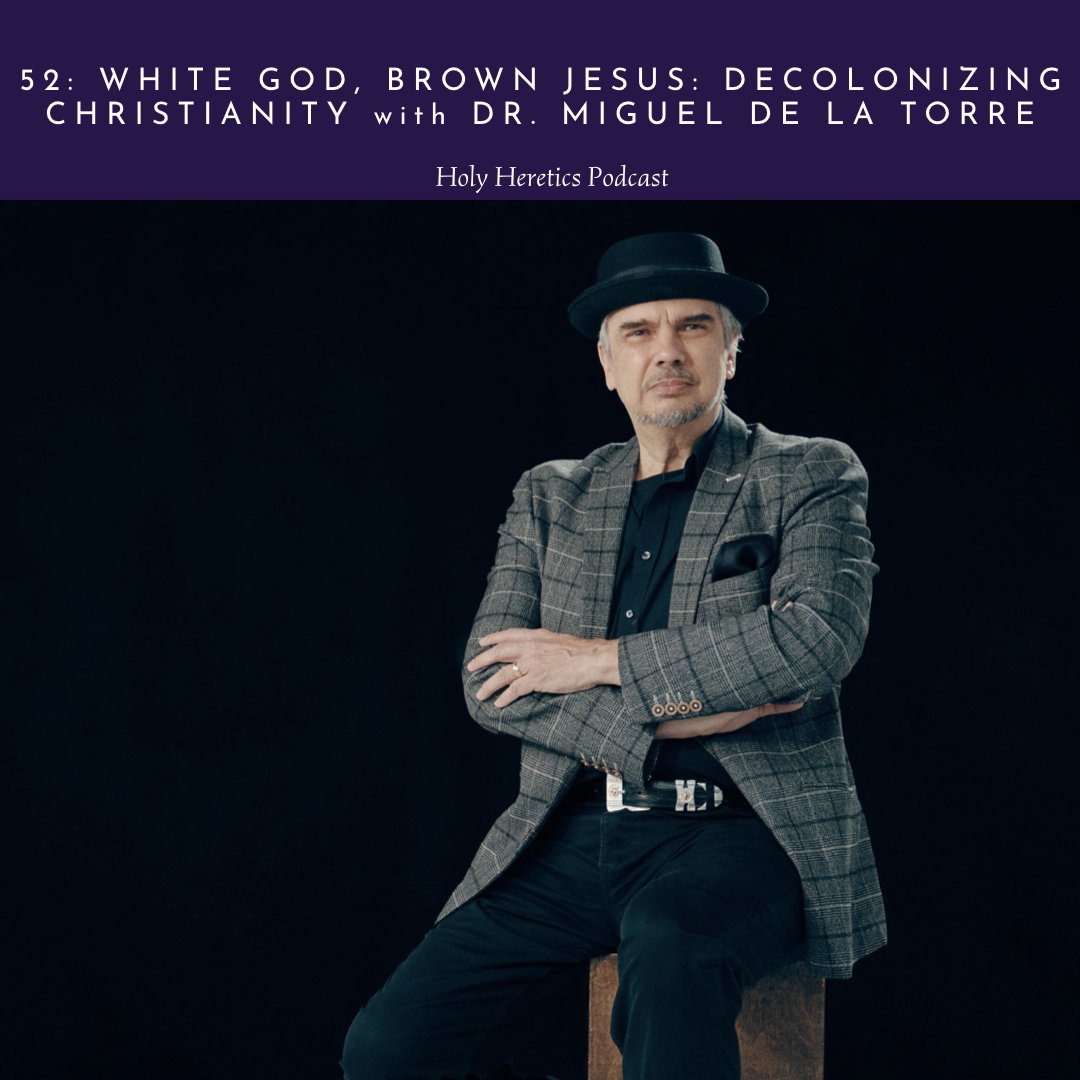
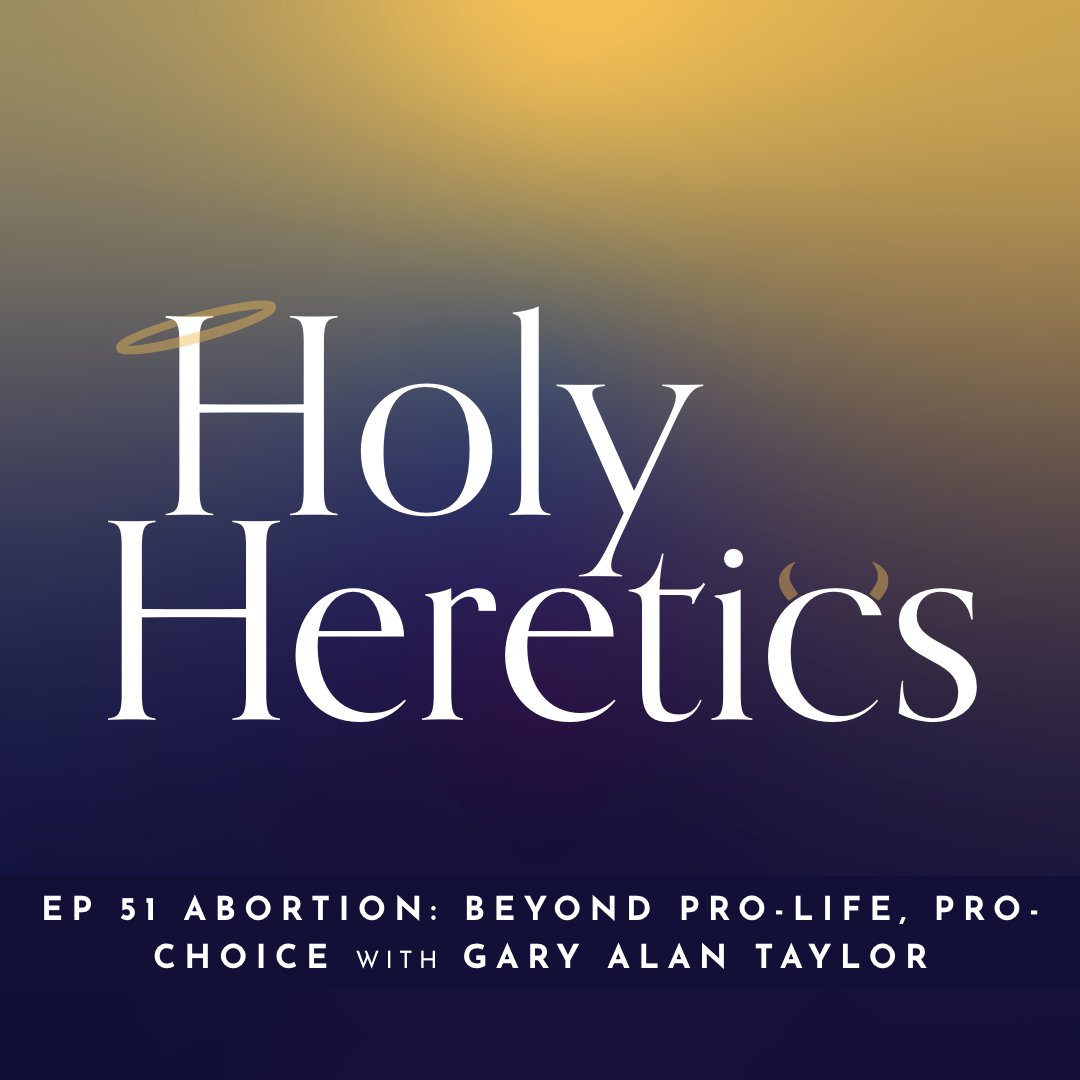
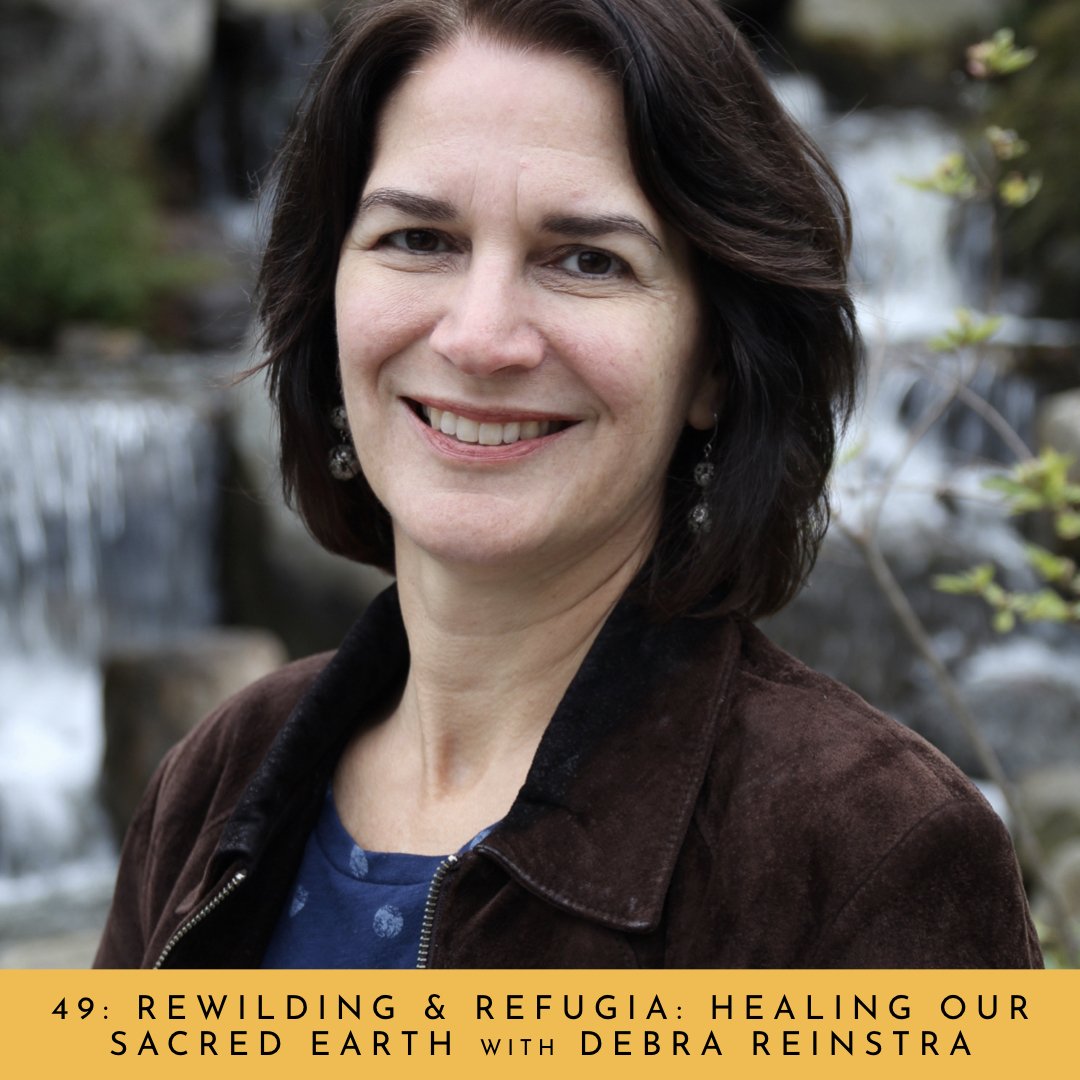
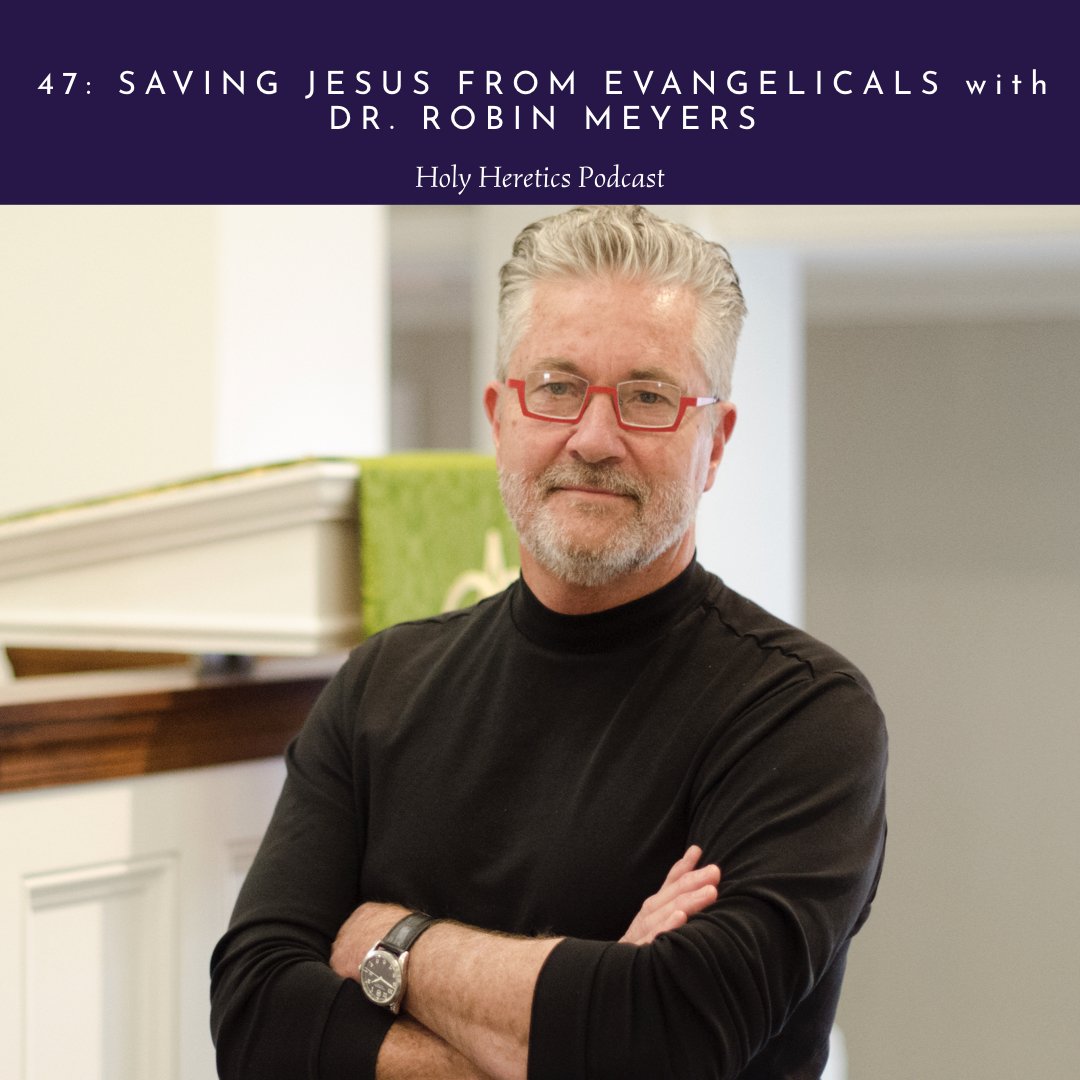
Dismantling the legalized discrimination of LGBTQ+ Students at Christian Colleges.